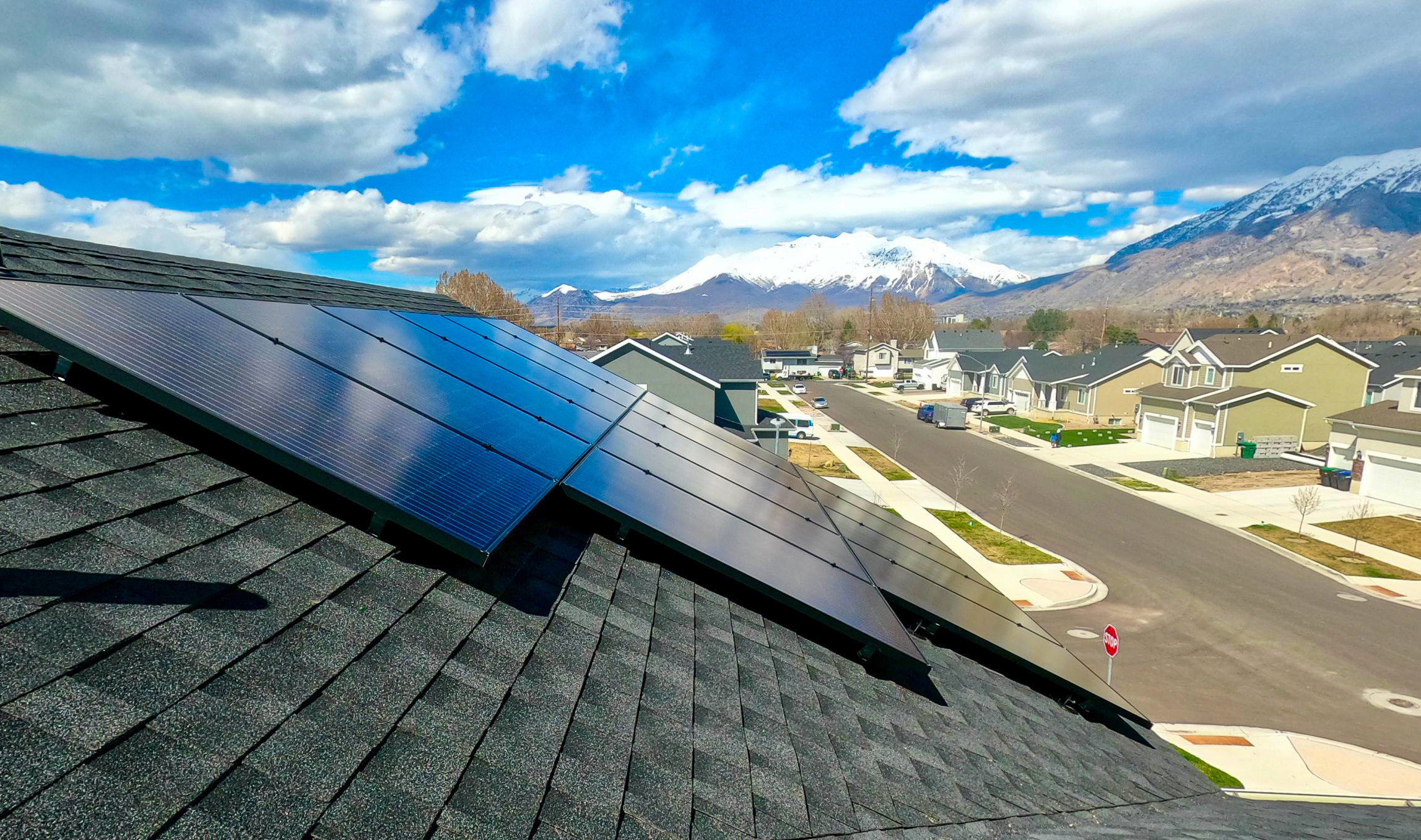
Colorado Springs Utilities Rates Are Increasing in 2026: What You Need to Know
CSU rates rise in 2026 with new Energy Wise time-of-use pricing. See what’s changing and how solar can help control energy costs. Learn more.

Electricity bill savings are the number one reason why homeowners install solar panels. But how do solar panels save you money, exactly? And do they really eliminate your electricity bills?
In this guide, we explain how solar panels work with your electricity bills so you’ll know what to expect before you install residential solar.
One of the biggest misconceptions about solar panels is that they eliminate your electricity bills entirely. Unfortunately, that’s not typically the case. Unless you install an off-grid solar energy system, you will still have an electric bill with solar panels. Your bills will be significantly lower, but you will still receive a statement every month.
Different electricity providers format their statements in different ways, so your bill may look different depending on what provider you use. But regardless of your provider, your bill will include three key items: fixed fees, usage, and net delivered/net generated (net metering).
Most electricity providers charge fixed fees that every customer has to pay regardless of how much electricity they use. These fees will not go away when you install solar. Rooftop solar panel systems are grid-tied, which means they’re connected to the electric grid. There are a lot of benefits to maintaining a grid connection, but it also means that you have to pay the fixed monthly fees your utility company charges.
Usage fees vary depending on how much electricity you consume. This is what makes up the largest percentage of your electricity bills and it’s what will go down once you install solar panels.
Solar panels generate electricity that powers your home directly, significantly reducing the amount of electricity you need to buy from the grid. At night and on overcast days when your solar panels are not producing enough electricity, you can supplement with grid power. You will have to pay for the power you buy from the grid, but you’ll be paying much less overall than you would if you were exclusively using grid power.
Net metering is a solar incentive that allows you to sell solar electricity to your utility company. When your solar panels generate more power than you need, you can export the excess to the grid and receive a credit to your account. When you need to buy power from the grid, you can use the credit you’ve accumulated to cover the cost.
Investor-owned utility companies in Colorado (including Xcel Energy) are required to offer net metering, but they don’t have to offer a 1:1 rate. That means you’ll be paid less for the electricity you sell to the grid than your utility charges for the electricity they sell. There is still value in net metering, but it’s more profitable to install a solar battery like the Tesla Powerwall so you can store the excess electricity you generate and use it yourself instead of selling it to the grid at a reduced rate.
Solar Power Pros is the leading local solar installer in Colorado. We’ve helped thousands of homeowners take control of their electricity bills with solar panels and we can do the same for you. If you have questions about how much you can expect to save with solar panels or what your electric bill will look like after solar, reach out to us for a free, no-obligation consultation. We are here to answer your questions and help you make the best decision for your home—no cost and no pressure!

CSU rates rise in 2026 with new Energy Wise time-of-use pricing. See what’s changing and how solar can help control energy costs. Learn more.

MVEA electric rates increase 8.5% in 2026. Learn what’s driving the hike, how it affects your utility bill, and how solar can help you stabilize costs.